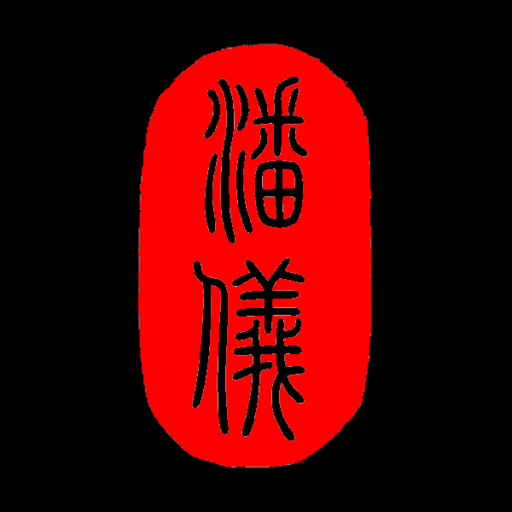
Born and bred in an urban city, tent is not a common sight for me. Since the topic is about the Tabernacle of David, I feel the need to understand tabernacle better. I am no Hebrew and Greek scholar but the lexicon is usually a good starting point.
I will start from the New Testament since there is only one verse with the mention of Tabernacle of David. The Greek word for Tabernacle in Acts 15:16 is Skene (σκηνη, Strong’s Number: 4633). Skene is defined as a “tent, tabernacle (made of green boughs, or skins or other materials)”, and also “the movable temple of God after the pattern of which the temple at Jerusalem was built”. In Acts 7:43-44, skene was the Tabernacle of Moses. In Rev 13:6; 15:5 and 21:3, skene is used in the context of after the judgments. There is no difference in words used for the Tabernacle of Moses and Tabernacle of David.
The Old Testament Hebrew has more vocabulary for tabernacle than Greek and English.
The word ‘ohel (אהל, Strong’s Number: 0168) is frequently used for the Tabernacle of Moses in Exodus. ‘ohel means a nomad’s tent, a dwelling, home and habitation. Even though it is nomadic and mobile, it functions as a long-term dwelling, a home. The Tabernacle of Moses withstood 40 years of wilderness wandering and entered the Promised Land! It was definitely highly durable and permanent.
A different Hebrew word is used for Tabernacle of David in Amos 9:11, which is the key Old Testament verse. The Hebrew word for tabernacle in Amos 9:11 is Cukkah (יככה Strong’s No: 05521). Cukkah is a booth, “a rude or temporary shelter”. The Feast of Tabernacles or Feast of Booths (Lev 23:33-43) uses the same Hebrew word, Cukkah. The people of Israel are commended to build temporary booths or tabernacles and live under the Cukkah during the seven days of the feast. The Feast of Tabernacles is mentioned in Zec 14, which wrote about The Day of the Lord, which is commonly interpreted as the final Judgment Day. The passage of Zec 14:16-21 prophesied that the Feast of Tabernacles will be celebrated after the Day of the Lord. Even though Cukkah is temporary in its physical nature, God has a long-term purpose for Cukkah.
Here lies the paradox. The extremely durable Tabernacle of Moses was not required after Jesus established the New Covenant but the rude temporary Cukkah of David has a purpose beyond its durability. Interestingly, ‘ohel is used in Isa 16:5 for the Tabernacle of David in the context of final judgment by the One, referring to the Messiah.
Physically, the Cukkah being a temporary tent requires restoration over time, especially for the Day of the Lord. Yet, is the restoration just the physical tent? Since it is meant to be temporary, restoration of the physical tent will be challenging and replacing it might be a better solution. If the restoration work is not only referring to the physical tent, what does it then refer to? We can only restore what we know. The definition of the Tabernacle of David that is to be restored is not found in a word study. So a Biblical study is needed to understand this.
A side note: The Tabernacle built by Moses was not called the Tabernacle of Moses in the Bible but the Tabernacle of the Lord. I will use the Tabernacle of Moses as most of us understand this phrase but thought I will point out that only the Tabernacle of David was named after the builder in the Bible.



